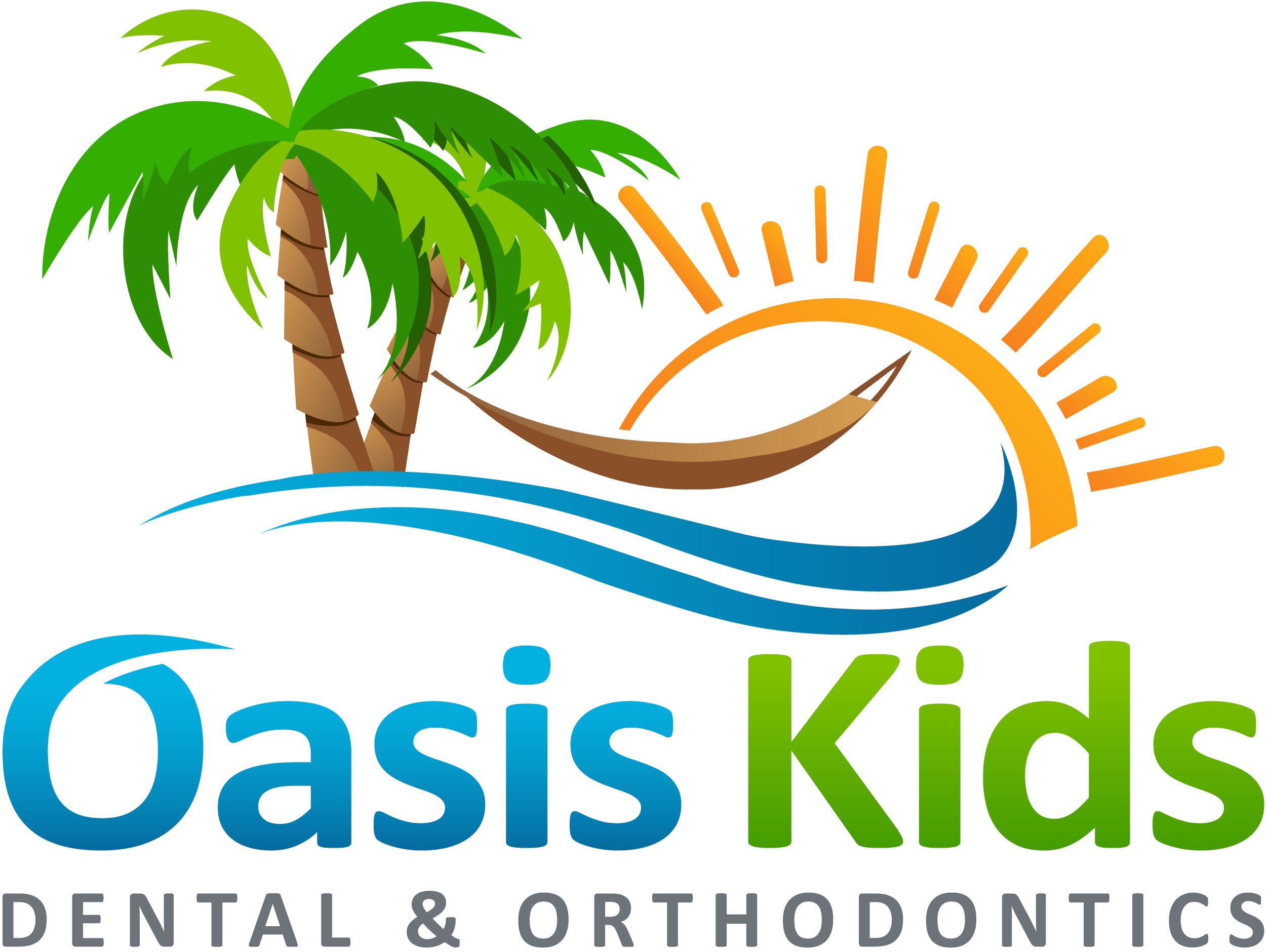What is the Difference Between a Dentist and an Orthodontist?
Both your dentist and your orthodontist are there to help you achieve and maintain healthy teeth, and they do so in different ways. Orthodontists and dentists differ from each other in their required training and education, and in the care they give.
Education and Training
To become a dentist, one must complete an undergraduate degree, then apply to and be accepted into a dental school. They must complete the four-year dental program, and after graduation, they will be certified to begin practicing dentistry. For a person to become a certified orthodontist, they need to complete a few more years of schooling. Once they have completed dental school, a prospective orthodontist must apply and be accepted into an orthodontic residency at a university accredited by the American Dental Association. This means that your orthodontist is also a dentist, and can practice dentistry if they choose to because they completed dental school. But your dentist is not an orthodontist and cannot practice orthodontics because they did not complete the specialist training.
Care
They are also different in the care they provide in their practices. A dentist typically provides the following services:
Cleanings
Treating gum disease
Root canals
Affixing crowns, bridges, and veneers
Whitening teeth
An orthodontist provides services related to the following:
Crooked teeth
Underbites
Overbites
Crowded teeth
Gapped teeth
Jaw and facial misalignment
If you’re not sure whether you need to see a dentist or an orthodontist, call or stop by Oasis Kids and Orthodontics—we can help!

